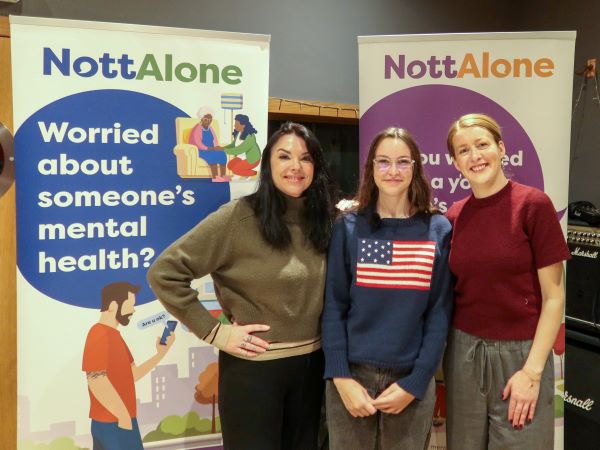Vaccinations
Vaccinations are the most effective way to prevent many infectious diseases. They prevent millions of deaths worldwide every year.
In the UK, the national immunisation programme is determined by the Department of Health and Social Care. The routine vaccination schedule starts from two months of age to 65 years and over. Other vaccines are available for those with complex health needs or those who are more at risk.
Routine (e.g. childhood/adult) and seasonal (e.g. influenza/Covid-19) vaccination programmes are delivered through a range of local providers such as GPs, pharmacies, hospital trusts and the school-aged immunisation service.
Uptake of vaccinations has declined in recent years, particularly since the pandemic, and World Health Organisation specified thresholds for childhood immunisations are mostly being missed. In response to this, NHS England launched its Vaccination Strategy (NHS) in 2023, pledging high quality and convenient vaccination services tailored to the needs of local people.
Vaccination uptake in Nottinghamshire compares well with England and the East Midlands but mirrors the decreasing national trend. Uptake of vaccinations such as MMR (measles, mumps, rubella), HPV (human papillomavirus), the pre-school booster (diphtheria, tetanus, pertussis and polio) and influenza are now below acceptable thresholds.
Across the county there is also considerable variation between communities, among minority ethnic groups, inclusion health groups (such as people who experience homelessness) and those not registered with healthcare providers.
In health protection, we work with partners and the NHS to promote the importance of vaccination and support efforts to increase uptake.
We have created a conversation skills guide [PDF] to help spot opportunities to talk about vaccinations with staff, colleagues, family and friends. Also to help ask questions, handle misinformation and signpost to other resources.
Vaccination programmes
Vaccinations for babies from birth up to 1 year old
Vaccinations for preschool aged children from 2 up to 5 years old
Vaccinations for school aged children from Reception to Year 11
Vaccinations for people aged 65 and over
Training for practitioners
An interactive e-learning programme to support the training of healthcare practitioners involved in advising on and/or delivering immunisations.
Immunisation e-learning programme (NHS England elearning for healthcare)








